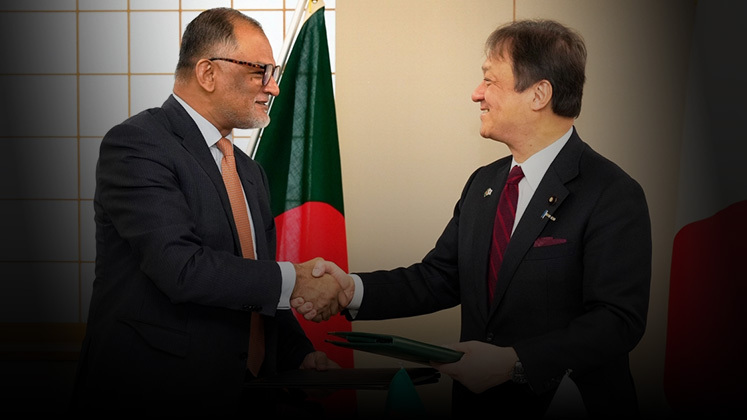The whole process of import as well as audit under DTRE system takes at least 26 weeks in Pakistan while in Bangladesh the entire procedure is completed in just two hours. As a result, Bangladesh textile exports have surged to $26 billion without producing a single bale of cotton while Pakistan has never crossed the figure of $16 billion despite producing its own raw material.
The Procedure of Duty Tax Remission for Exports (DTRE) scheme has been designed in such a manner that just few companies out of thousands of value-added textile sector units in Pakistan were benefiting from the scheme to increase the country’s export volumes.
Exporters are of the view that apparel industry should be allowed to import fabric under the SRO 492 scheme, as the weaving industry of Pakistan is not efficient enough to fulfill the domestic apparel demand for fashion wear. Stressing the need for consistency in export-related policies, they urged the government to simplify the complex nature of several segments of its policy, including DTRE and Sales Tax Refund system.
PRGMEA central chairman SajidSaleemMinhas suggested the country’s garment industry mainly comprises of small and medium scale units, which are better off in producing high-end fashion products, as the order sizes remain small. However, due to the current import policies they fail to utilize their full potential. “If the import of synthetic blends and cotton fabric, which are not being manufactured in Pakistan, is made duty-free the apparel and sportswear exports will double immediately while export from Sailkot will surge manifold,” he added.
PRGMEA former chairman and chief coordinator IjazKhokhar said that small trims that carry no commercial value should also be made duty-free to avoid delays and problems with customs. Exports of the sector could also improve due to expected GSP Plus (Generalized System of Preferences) status from EU as lower import duties will make our products more competitive.












